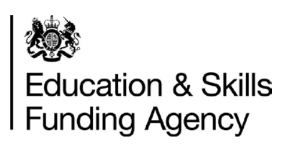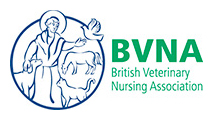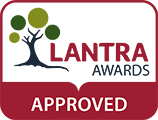Become A Training Practice
In order to train Veterinary Nurses, veterinary practices have to be approved as a training practice (TP) or auxiliary training practice (aTP) by an approved centre.
Each practice approved by us will be allocated an Internal Quality Assurer (IQA) who will carry out annual monitoring and approval visits. The IQA will be the point of contact for the practice and will liaise regularly with the practice.
Once a practice has expressed an interest in becoming an approved TP or aTP, an IQA will contact the practice to organise and complete a formal approval process. Once the approval is complete, the assessor will make a recommendation to the RCVS following completion of any actions.
What is the difference between a TP or aTP?
A TP meets all the requirements for training veterinary nurses however an aTP does not meet the full requirements but agrees to a secondment process where their students can access part of their training at an alternative approved training practice.
Clinical Supervisors
LSVN will offer clinical supervisor training as part of the support it offers its approved TP’s and aTP’s.
A clinical supervisor is either a Registered Veterinary Nurse or qualified veterinary surgeon working within the approved training practice to mentor the student through the course. They will be responsible for supporting the learner to complete the electronic skills log.
Clinical supervisors must provide evidence of clinical supervisor training and upload their CPD every year to meet the requirements of the RCVS. Clinical supervisors must also submit their CV and job description prior to undertaking the clinical supervisor training as a prerequisite. A clinical supervisor job description must include your role as a clinical supervisor and the hours allocated to learner training.
Clinical supervisors and practice principles will be required to attend one standardisation event yearly to maintain their role as a supervisor, LSVN also offers electronic skills log training courses to its approved training practices.
ANA Level 2 Mentors
Role of the Mentor
As a mentor your role is to offer the animal nursing assistant support and guidance within the aspect of training which is to take place within the practice. This will be done through:
- Assisting with theory tasks which will be in the format of varied types of assessments, for example, short answers, multiple choice questions, assignments, completion of tables, fliers etc.
- These will be completed and uploaded to Onefile and marked by the college tutor
- The delivering of instruction and guidance for the case studies for the practical skills set in each of the units (exceptions, anatomy and physiology units are all theory based)
- Practical tasks must be observed by the mentor or a qualified member of staff (MRCVS / RVN) and a statement and signature provided to acknowledge the apprentice has completed the task and is competent. Most of the practical tasks should include photographic evidence. Video recordings can also be used.
If you wish to become an approved training practice or clinical supervisor, please contact school@lsvn.co.uk










